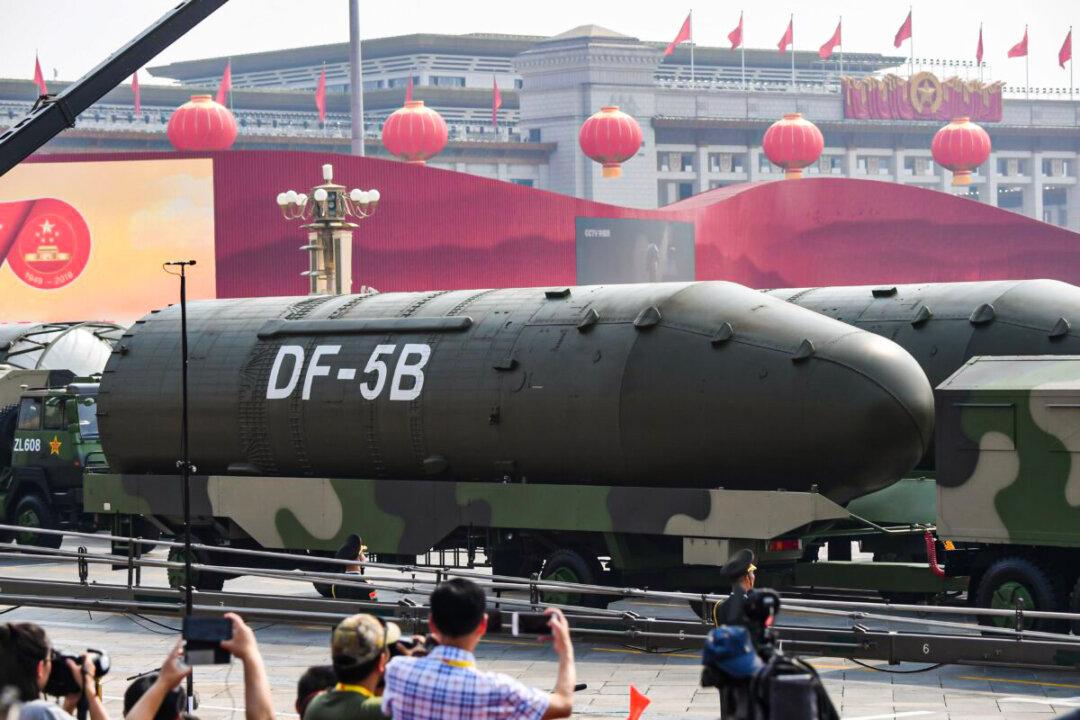U.S. and Chinese officials met in Washington this week to discuss nuclear nonproliferation and maintaining open lines of communication between the two nations.
A delegation led by Assistant Secretary of State Mallory Stewart met with communist China’s Director-General of Arms Control Sun Xiaobo on Nov. 6, according to a State Department readout.




